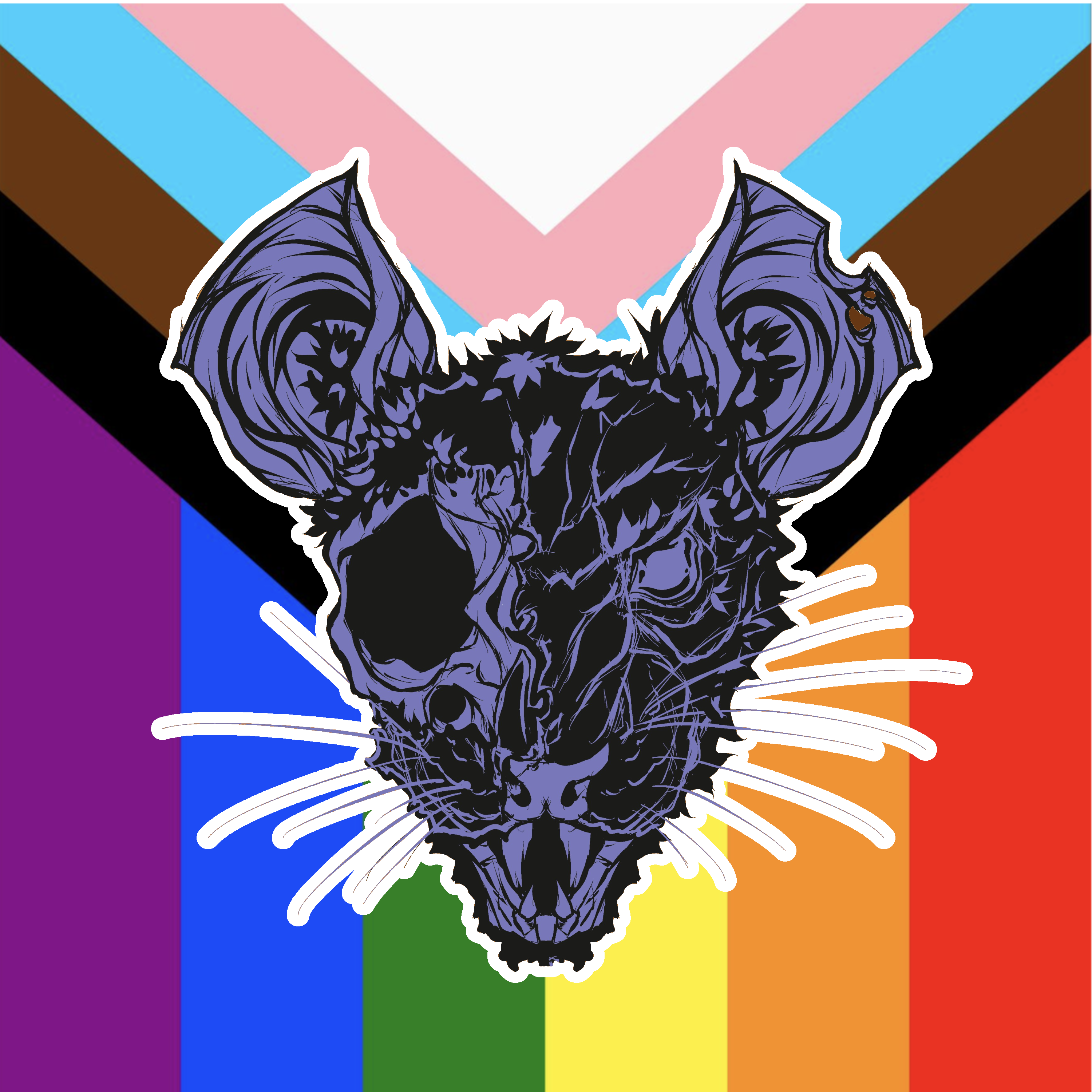Finally a thought I am prepared for. Haha
I’m sorry, I have to disagree. While I understand that the novel can have multiple interpretations, what speaks to me most is the concept of “society” itself being the monster in Mary Shelley’s “Frankenstein.”
Consider Victor Frankenstein, whose pursuit of knowledge alienates him from the society that should nurture scientific curiosity. He describes his isolation, saying, “I had worked hard for nearly two years…but now that I had finished, the beauty of the dream vanished, and breathless horror and disgust filled my heart.” (Chapter 5) The societal norms that make Frankenstein’s endeavors “forbidden” and “unearthly” indirectly contribute to his downfall.
Now, let’s think about the creature. Born innocent, its transformation into a destructive entity is catalyzed by societal rejection. The creature’s interaction with the De Lacey family highlights society’s instinctive fear of physical difference. The blind De Lacey is kind to the creature, demonstrating that without the bias of sight, acceptance is possible. But when his sighted family members encounter the creature, they react with fear and violence.
Rejection after rejection, the creature finally voices its anguish: “I am malicious because I am miserable. Am I not shunned and hated by all mankind? You, my creator, would tear me to pieces and triumph; remember that, and tell me why I should pity man more than he pities me?” (Chapter 17) This lament encapsulates how societal prejudice and rejection can breed monstrosity.
In reading the novel, I see the destructive power of societal norms and prejudice, where both Victor and his creature, misunderstood and ostracized, spiral into destructive paths. To me, society’s inability to accept, understand, and empathize is what manifests the true monster in “Frankenstein.”
Perhaps it’s just my own personal experiences with society, feeling like an outcast, or at least not fitting into social norms, coming through in how I interpret the novel. However, I strongly believe that Mary Shelley’s work invites us to question who the real monster is, and I find society’s role in shaping the narrative impossible to ignore.
Congratulations?



